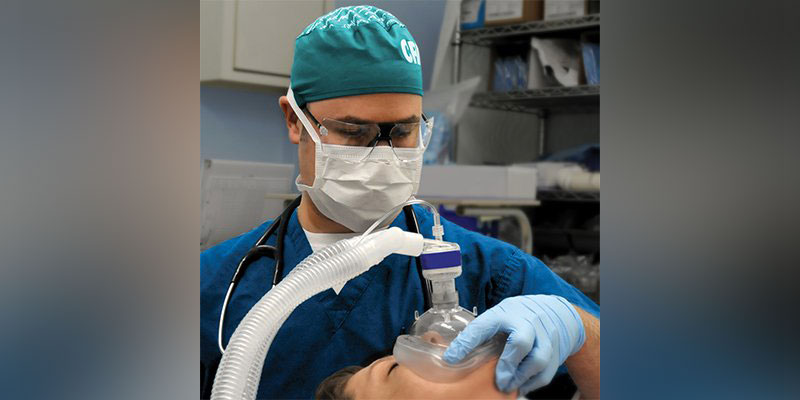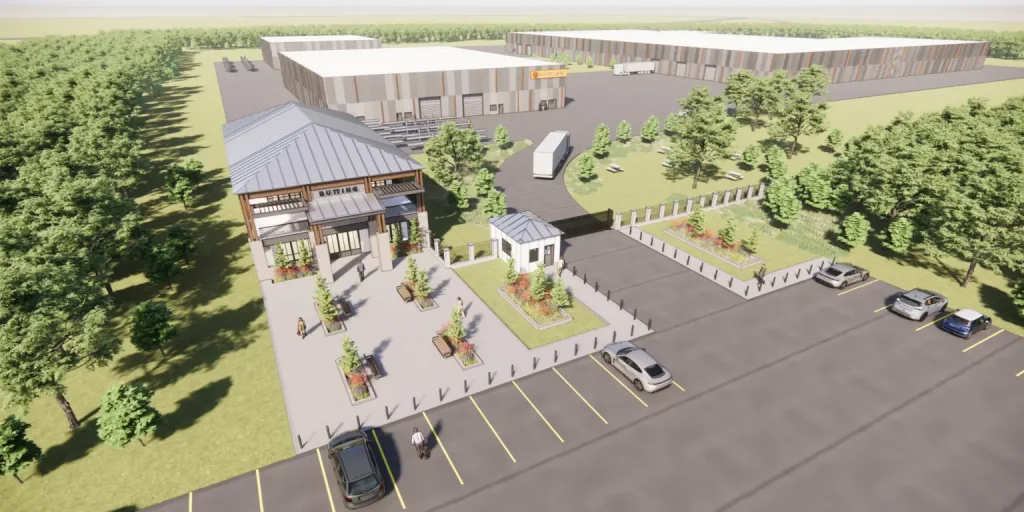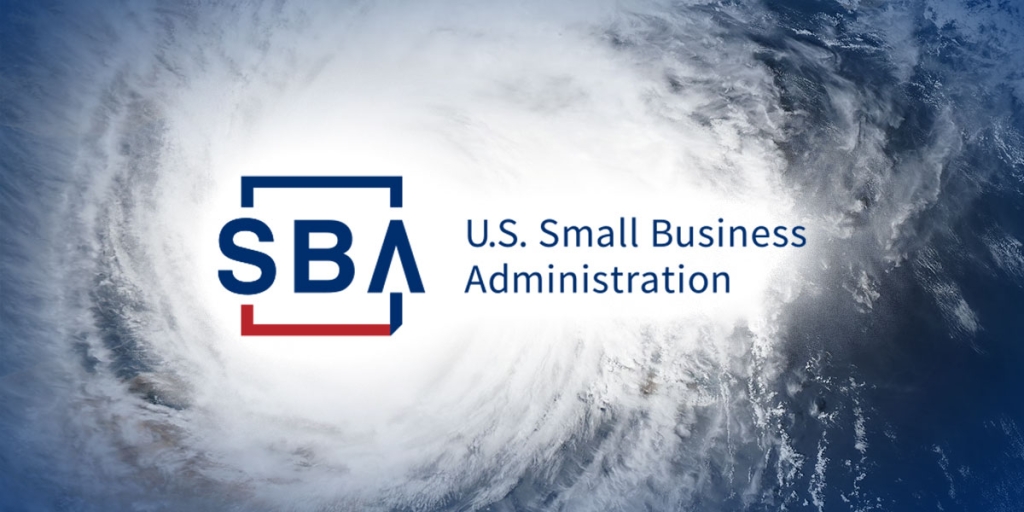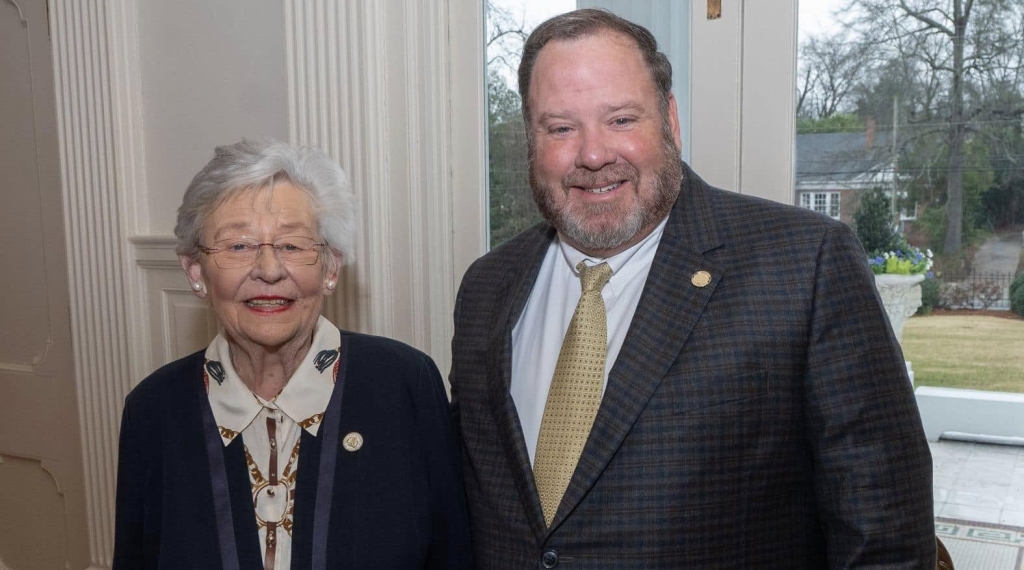All citizens of Alabama want and deserve safe, efficient, cost-effective anesthesia care for themselves and their loved ones.
Do you wonder who that person is behind the mask that’s taking you to surgery? Certified Registered Nurse Anesthetists (CRNAs) ensure that the citizens of Alabama receive the highest standard of anesthesia care for their surgery, interventional procedures, labor and delivery and emergency needs where and when you need it. For rural residents, traveling long distances for surgical services incurs expense, time and can add risk to patients. As CRNAs, we enable Alabama citizens to receive essential care close to home.
There are 53,000 CRNAs in America providing more than 45 million anesthetics each year. There are more than 1,700 CRNAs practicing in Alabama. In many settings, CRNAs work in coordination with your surgeon to provide the safest surgical experience possible. Your local CRNAs provide 24/7 call coverage, provide anesthesia for all surgical procedures, as well as respond to vascular and airway emergencies throughout the hospital. Your physicians rely on CRNAs for anesthesia expertise.
CRNAs are highly educated and trained advanced practice registered nurses (APRNs). Prior to attending a nurse anesthesiology graduate program, we obtain a Bachelor of Science in Nursing (BSN) and have an average of three years of full-time critical care experience. At the time of entry into a post-graduate Nurse Anesthesia residency, the candidate has already had greater than five years of hands-on experience. Nurse Anesthesia training is comprised of masters and doctoral level academic classes in combination with greater than 9,000 clinical hours. CRNAs are trained to perform all types of anesthesia techniques for all types of surgical procedures and patients of various ages and health status. Upon degree completion, the CRNA has more than eight years of training and hands-on patient experience. All CRNAs must pass a national board certification exam in order to practice anesthesia; 100% of practicing Nurse Anesthetists are board certified.
CRNAs are the primary anesthesia providers in rural America, for maternity patients, our veterans, the military and to medically underserved Americans. CRNAs provide almost 100% of anesthetics on the frontlines to our wounded soldiers, sailors, airmen and Marines. In rural Alabama, most anesthetics are also given by CRNAs. This is nothing new. CRNAs have a long-standing history as the first anesthesia providers dating back to the Civil War.
In recent Alabama legislation, the topic of anesthesia direction has been an issue. Senate Bill 156 clarifies the definition of a CRNA by describing the coordination that exists with surgeons and removes language that can be seen as a barrier to care, especially in rural Alabama.
Surgeons, dentists and podiatrists are excellent at what they do, but they are not formally trained in anesthesia like CRNAs. Therefore, they do not order specific anesthesia medications or treatments. Your operating physician does not have the time, expertise, or desire to be involved with the anesthetic. Direction language implies that the non-anesthesia physician must direct the anesthetic, when in fact, they merely just order anesthesia to be performed by the CRNA. Not only is this practice disingenuous, it also deters physicians from rural practice, making recruitment difficult. Rural facilities depend on surgical services for financial viability, and surgeons depend on CRNAs.
With 88% of Alabama’s rural hospitals suffering financially, CRNAs bring much need anesthesia services to those hospitals so that you do not have to travel long distances for certain surgical procedures. Surgeons working with an all-CRNA practice do not incur additional malpractice premiums which is a testament to the outstanding record of CRNA safety. Numerous peer-reviewed published studies confirm that anesthesia is safe when given by a CRNA.
Alabama CRNAs are proud to bring healthcare home for you, and as your anesthesia experts, we are honored to care for you and your family. SB 156 does not change the scope of practice. It does not change the relationship between the physician and CRNA. SB 156 provides the accurate, truthful definition that you, your physician and our facilities deserve. We greatly value your health and thank you all for trusting us to be your healthcare providers. Every breath, every beat, every second: your local CRNAs are there for you.
Michael W. Humber, CRNA, DNP, MNA, is the state political director for Alabama Association of Nurse Anesthetists












